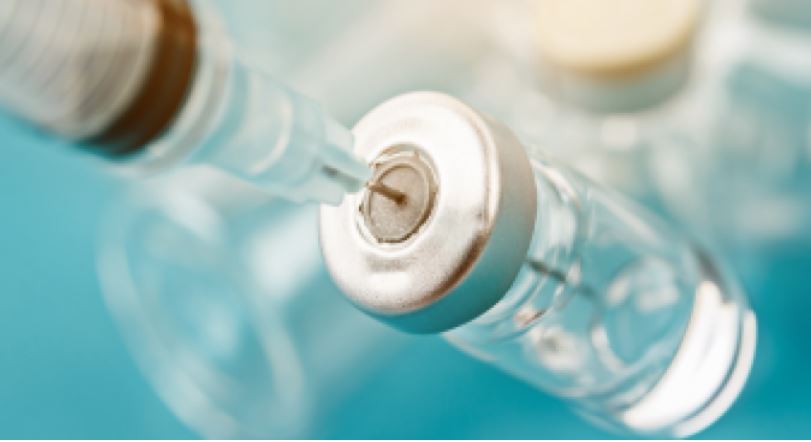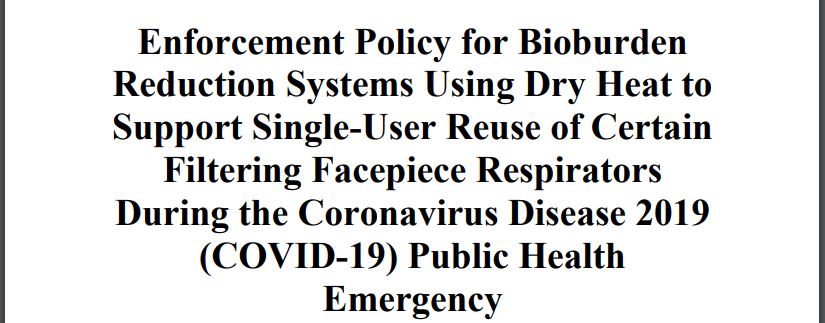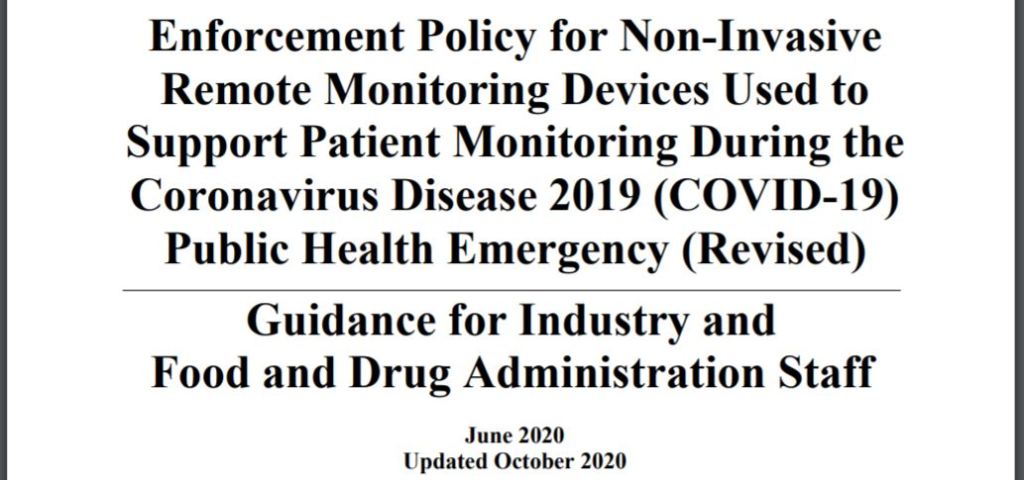Vaccine Development – 101
Center for Biologics Evaluation and Research (CBER) ensures rigorous scientific and regulatory processes and review.
Typical process
It Starts in a Lab
Special Considerations – Public health emergencies and more information
Assessment of Manufacturing is Also a Key Component
Prescribing Information/Labeling
FDA Oversight Continues After Approval
FDA Research Provides a Unique Perspective
Dec 10, Advisory Committee Meeting to Discuss COVID-19 Vaccine Candidate
Vaccines and Related Biological Products Advisory Committee (VRBPAC) to discuss EUA of COVID-19 vaccine from Pfizer, Inc. in partnership with BioNTech Manufacturing GmbH
- Public Meeting with outside scientific and public health experts from around the country
- Discussion about safety and effectiveness of vaccine
- Help ensure clear public understanding of the scientific data and information that the FDA will evaluate in order to make a decision about whether to authorize a vaccine for emergency use for the prevention of COVID-19.”
BARICITINIB (+ REMDESIVIR )
Eli Lilly ( and Gilead)
INDICATION: Treatment of suspected or laboratory confirmed COVID-19 in hospitalized adults and pediatric patients two years of age or older requiring supplemental oxygen, invasive mechanical ventilation, or extracorporeal membrane oxygenation (ECMO).
ADDRESSING UNMET NEED: New treatment for COVID
MECHANISM OF ACTION: Janus kinase inhibitor (JAK) which blocks enzymes interfering with the pathway that leads to inflammation
EFFECTVENESS an SAFETY:
- Based on totality of evidence
- Randomized, double-blind, placebo-controlled clinical trial conducted by National Institute of Allergy and Infectious Diseases (NIAID), n=1,0333 with moderate-severe COVID-19, baricitinib + remdesivir vs placebo + remdesivir, followup for 29 days
- Primary Endpoint: Recovery defined as either being discharged from hospital or being hospitalized but not requiring supplemental oxygen and no longer requiring ongoing medical care; 7 days for baricitinib + remdesivir vs. 8 days for placebo + remdesivir.
- Odds of patient’s condition progressing to death or being ventilated at day 29 was lower in the baricitinib + remdesivir group vs placebo + remdesivir group (statistically significant)
- Similarly, odds of clinical improvement at day 15 was higher in the baricitinib + remdesivir group (statistically significant)
REGULATORY PATHWAY: Emergency Use Authorization
- Previously approved for treatment of moderately to severely active rheumatoid arthritis
- Expedited by Coronavirus Treatment Acceleration Program (CTAP)
LUCIRA COVID-19 All-In-One Test Kit
Lucira Health
INDICATION FOR USE: Single-use test kit intended to detect SARS-CoV-2 that causes COVID-19. This test is authorized for prescription home use with self-collected nasal swab samples in individuals aged 14 and older who are suspected of COVID-19 by their healthcare provider.
Test is authorized for use at the Point of Care (POC), in patient care settings operating under a CLIA Certificate of Waiver, Certificate of Compliance, or Certificate of Accreditation
Test utilizes a molecular amplification technology for the detection of SARS-CoV-2 RNA in individuals with known or suspected COVID-19. Positive results are indicative of the presence of SARS-CoV-2. Individuals who test positive should self-isolate and seek additional care from their healthcare provider.
Negative results do not preclude SARS-CoV-2 infection. Individuals who test negative and continue to experience COVID-like symptoms should seek follow up care from their healthcare provider.
PERFORMANCE CHARACTERISTICS:
- Analytical sensitivity based on Limit of detection, Inclusivity, Cross-reactivity,
- Human usability study, n=398 asymptomatic subjects, for safe and effective use
- Community testing study, n=101 asymtomatic subjects, independent collection of Lucira nasal swab samples and running the test. Comparable results vs high sensitivity molecular FDA Authorized SARS-CoV-2 assay (Roche Cobas)
ADDRESSING UNMET NEED: First COVID-19 diagnostic test for self-testing at home and that provides rapid results
REG PATHWAY: Emergency Use Authorization
CASIRIVIMAB + IMDEVIMAB intravenous infusion
Regeneron
INDICATION: Treatment of mild to moderate COVID-19 in adults and pediatric patients (12 years of age and older weighing at least 40 kg) with positive results of direct SARS-CoV-2 viral testing, and who are at high risk for progressing to severe COVID-19 and/or hospitalization. This includes those who are 65 years of age or older or who have certain chronic medical conditions.
ADDRESSING UNMET NEED: Pandemic treatment option that may help outpatients avoid hospitalization and alleviate the burden on health care system
MECHANISM OF ACTION: Monoclonal antibodies that are specifically directed against the spike protein of SARS-CoV-2, designed to block the virus’ attachment and entry into human cells
EFFICACY & SAFETY:
- Randomized, double-blind, placebo-controlled clinical trial, n= 799 non-hospitalized adults with mild to moderate COVID-19 symptoms
- Primary endpoint: Time-weighted average change in viral load from baseline; viral load reduction in patients treated with casirivimab and imdevimab was larger than placebo
- Secondary endpoint: Hospitalizations and emergency room visits within 28 days after treatment; 3% of casirivimab and imdevimab-treated patients vs. 9% on placebo
- Possible side effects: Anaphylaxis and infusion-related reactions, fever, chills, hives, itching and flushing.
REGULATORY PATHWAY: Emergency Use Authorization
- Part of Coronavirus Treatment Acceleration Program
Bioburden Reduction Systems
Bioburden: Whole population of viable microorganisms that inhabit a non-sterile surface or device
Reduction : Dry heat, such as application of temperatures of 70° C for 60 minutes or 75° C for 30 minutes, will kill many of the moderately-resistant microbes present
Intention: To kill and reduce microorganisms on a non-sterile device surface. For use in addition to existing CDC reuse recommendations
Use: In shortage situations, when there is an insufficient supply of essential supplies such as new respirators
Non-Invasive Remote Monitoring Devices Used to Support Patient Monitoring During the pandemic
Policy to expand availability and capability of non-invasive remote monitoring devices
- To facilitate patient monitoring while reducing patient and healthcare provider contact
- To remain in effect only for the duration of the COVID-19 public health emergency
- Enforcement policy applies to legally marketed non-invasive remote monitoring devices that measure or detect common physiological parameters to support patient monitoring
- Devices can be connected to wireless network to transmit patient’s measurements directly to health care provider
Image credit: FDA, Lucira Health, Regeneron






